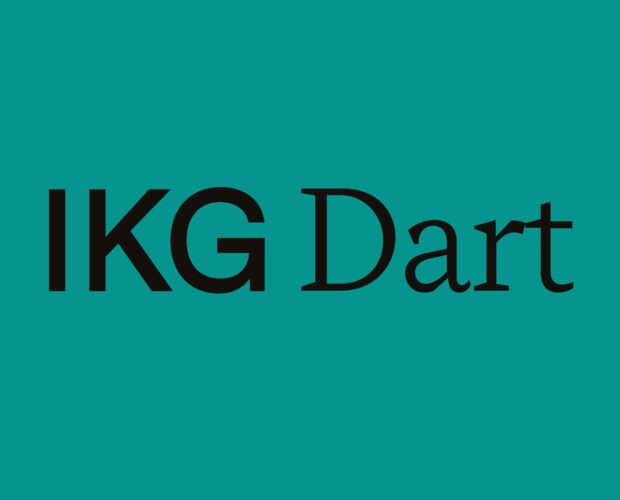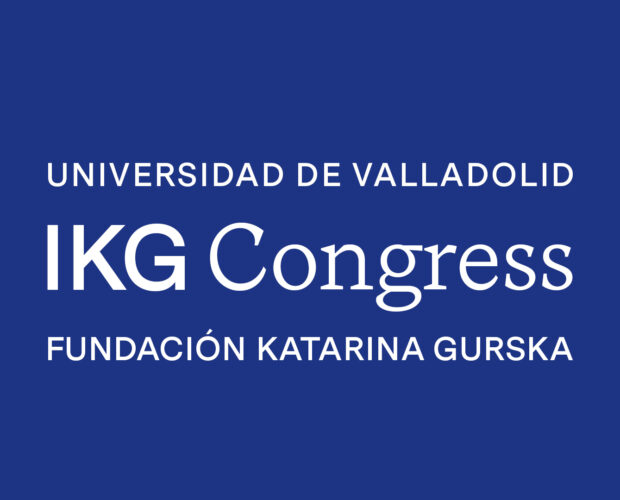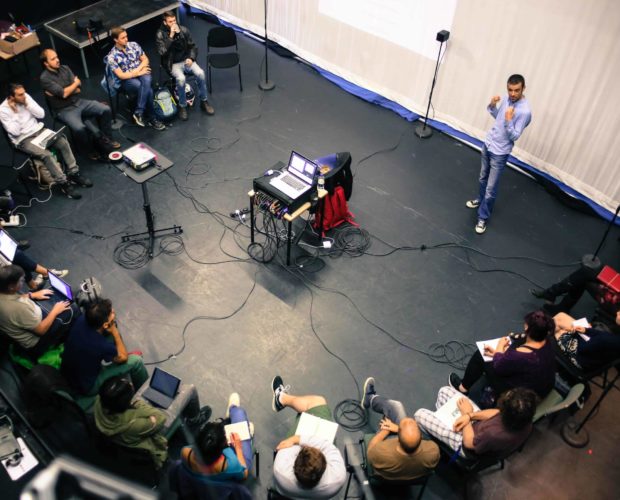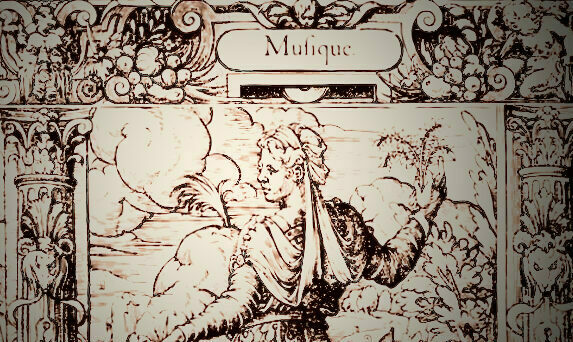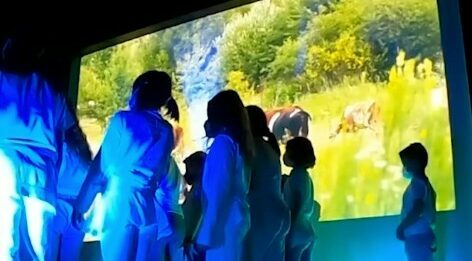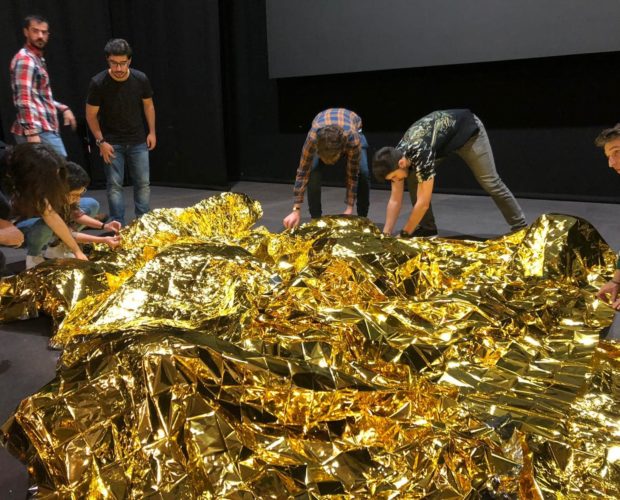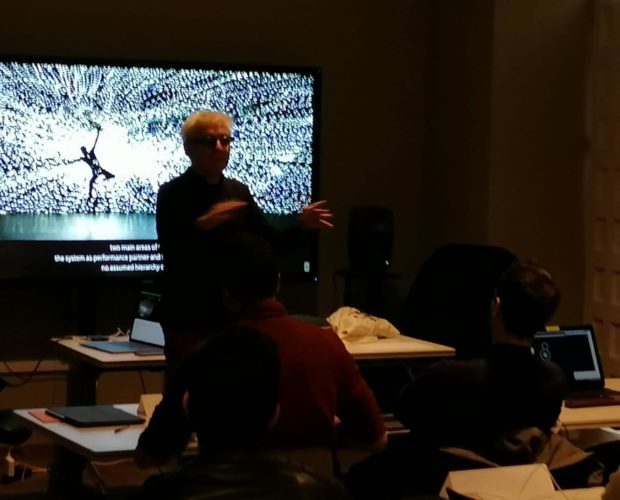IKG is a place where people exchange and produce knowledge for the future of Artistic Research. IKG offers theory and practice-based programs developed by highly specialized mentors in collaboration with partners and to develop multidisciplinary projects tailored to foster radical new approaches, thinking and performances in society. Became part of IKG today and join our vision.

